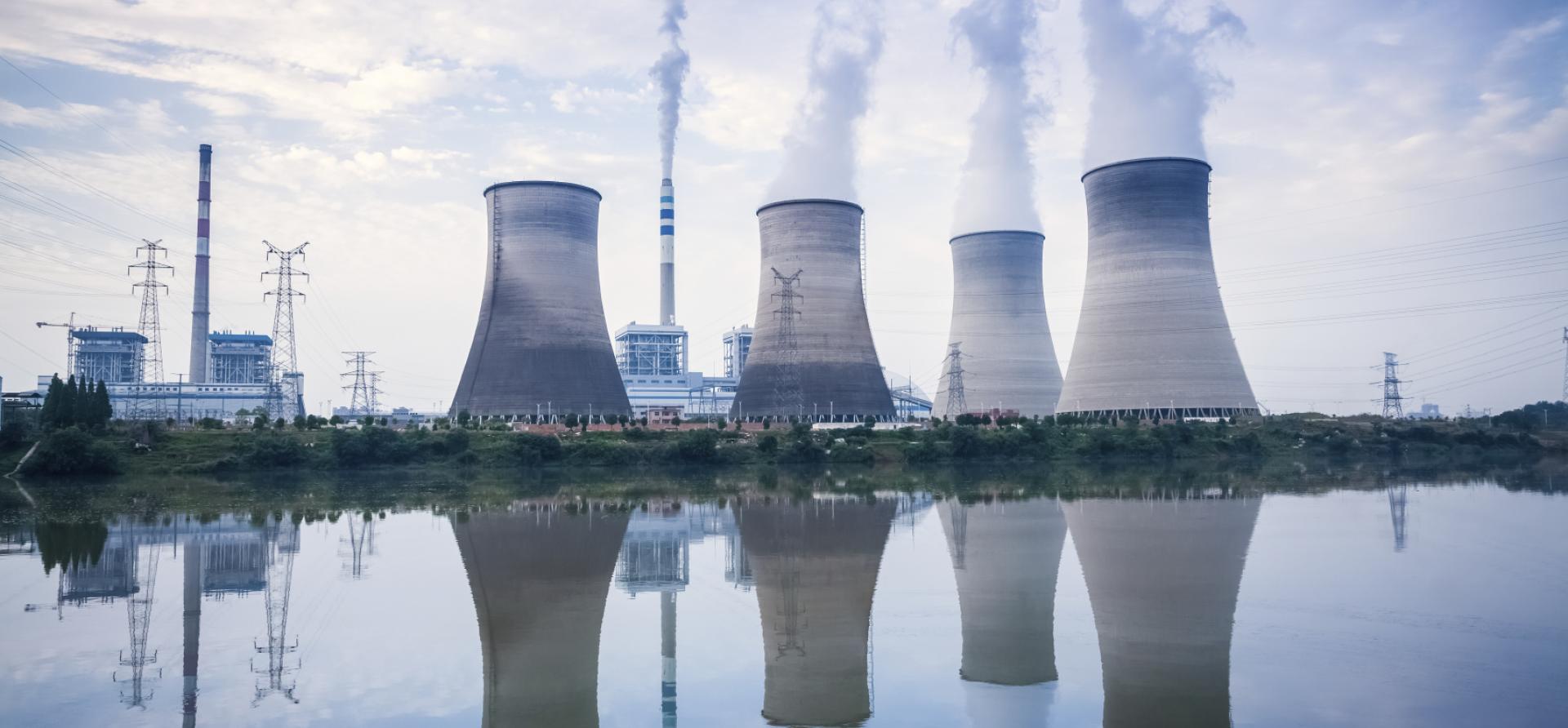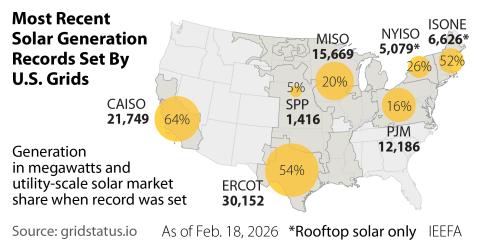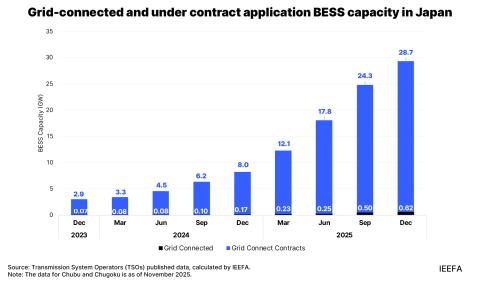IEEFA Energy Finance 2016: Publicize Numbers, Ask Embarrassing Questions, Shoot for the Business Pages

A standing-room-only audience was on hand to hear boots-on-the-ground stories during IEEFA Energy 2016 on how activists can turn to corporate finance and economics to force corporate transparency and accountability.
Nityanand Jayaraman, leader of the South India-based Chennai Solidarity Group, said raising questions in the minds of potential electricity-industry investors can keep questionable projects from proceeding unchallenged.
“Highlight the risk,” Jayaraman said, noting how organized opposition to coal-fired “ultra mega power projects” in India has forced promoters into delaying construction and backtracking on strategy, and battling publicity that makes them pariahs in the public eye. He said land acquisition for dubious power projects is an especially difficult hurdle in India, and that his group capitalizes on popular resistance to land condemnation. Other effective strategies: raising environmental-impact questions and educating electricity ratepayers on likely increases in power prices when outmoded forms of generation go online.
Popular resistance has been a thorn in the side of supporters of the proposed coal-fired Rampal power plant in the Subharans forest of southern Bangladesh, said a project opponent from Bangladesh who explained how activists have managed to leverage the power of the press in fighting the project. A march against the Rampal plant drew global publicity last week.
Tom “Smitty” Smith, a Texas-based organizer for Public Citizen, said the most effective campaigns against regressive energy development combine financial and economic analysis with community organization.
“We tell people that there’s a future that’s better than this and that the rates are going to bankrupt you,” Smith said.
“Talking about dollars and sense” resounds with activists of every political stripe, Smith said. “It appeals to conservatives and to certain legislators because it gives them electoral coverage to do what they should’ve been doing all along.”
“Plus it gets really good play on the business pages.”
Julien Vincent of Market Forces, an Australian organization, unspooled a video clip of note, showing how shareholder activists can sometimes freeze an entire room into embarrassed silence. Vincent played a piece of footage capturing the CEO of an Australian coal-train conglomerate frozen like a deer in the headlights while an activist asks him an unexpected question: Is it really a good idea to sink 30 percent of the company’s market value into a potential stranded asset via coal infrastructure development in the Galilee Basin of northern Australia?
The CEO reacts to the questioner by consulting quietly at length with his lawyer, who whispers in his ear like a Mafia consigliere consoling a godfather under indictment.
It was a comical but instructive moment at IEEFA’s three-day conference at Columbia Law School in New York.
“Take financial information and use it to drive change,” Vincent said in a pitch that exhorted energy-reform activists to tap into shareholder lists, company credit histories, independent analysis and regulatory gaps to harvest information to push entrenched energy companies to adopt policies in the best public interest.
Karl Cates is IEEFA’s director of media relations.















